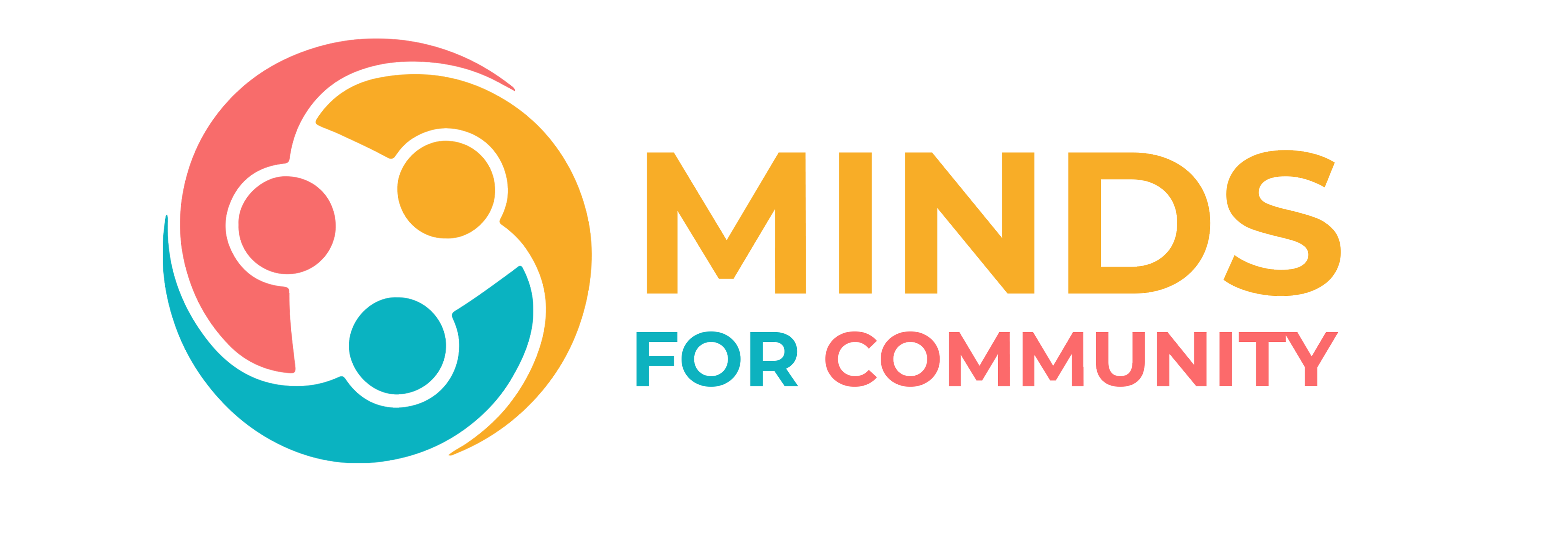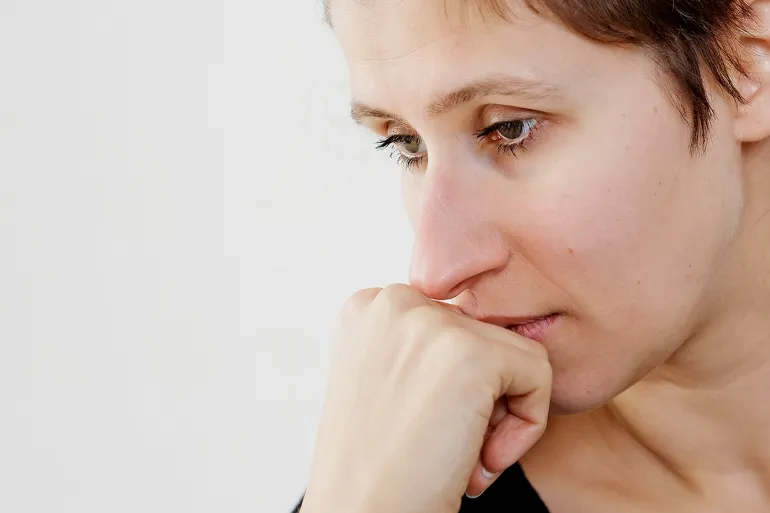More than 300 million people around the world suffer from depression, and it is the disease that most hinders people’s working lives compared to all other health conditions. It is also a major cause of suicide, which amounts to 800,000 deaths every year, or a rate of one death every forty seconds, according to World Health Organization statistics.
The causes and degrees of depression vary from one person to another, but one reason exposes all mothers in the world to the possibility of developing three types of depression, because they have become mothers.
The possibility of a woman suffering from depression begins with the moment she gives birth to her child, and its percentage increases during his adolescence, and it prevails when life takes him to the task of establishing a new family.
Postpartum depression
10% to 15% of mothers in the world suffer from postpartum depression, and the incidence of the disease in developing countries rises to 20%, according to data from the World Health Organization.
Postpartum depression begins with a mood disorder, in which the mother feels extremely sad, anxious, and exhausted.
Symptoms that can easily be attributed to pregnancy disorders and pain, especially since they may begin during the last three months of pregnancy, but the symptoms quickly turn into an obstacle that prevents the mother from providing the necessary daily care for her child and herself, according to the National Foundation for Mental Health in the United States.
A mother suffering from postpartum depression suffers from a number of symptoms, such as mood swings – from extreme sadness and joy to fear and crying for no reason – and is accompanied by nightmares and disturbing memories of childbirth. She also suffers from fatigue, lethargy, and disconnection from reality.
The beginning of the child’s adolescence…a great pain for the mother
Many people believe that the stage of childbirth and bringing home a new child, and the resulting stress, anxiety, lack of sleep, and even depression that accompanies that period, is the most difficult stage, but the reality is that the teenage stage is much worse for the mother.
A study by the National Center for Biotechnology Information found that depression is very common among mothers whose children are in middle school, and that the years surrounding the beginning of adolescence are among the most difficult times for them.
The authors of the study, psychiatrist and professor at Arizona State University, Sonia Luthar, and assistant professor at Oklahoma State University, Lucia Cecula, discovered that these women (mothers of teenagers) suffer from the lowest levels of maternal happiness and are more exposed to stress than new fathers and mothers, as children’s positivity and interaction with their fathers decreases. On the other hand, the rate of mothers’ sadness, anxiety, and dissatisfaction is higher compared to mothers of children.
The beginning of adolescence carries a lot of tension and psychological pressure for children, and is confronted with an increase in hormones, physical changes, and mood swings. Mothers feel depressed and in extreme psychological pain when the affectionate embrace is replaced by new looks of defiance and frowning from their little one. Most mothers are not prepared for such a major shift in behavior and feelings.
The time of psychological transformation for both mother and child begins at this critical stage, when mothers experience the severe change in the child’s personality, behaviors during daily interactions can change rapidly from one day to the next, and the happy, lovable first grader turns into an unpredictable, sullen teenager.
Then the mother must realize that the great separation from the children is really painful when they withdraw psychologically from their mothers.
The son’s marriage and the mother’s sadness
The little boy is no longer like that, and the special bond between him and his mother is subject to a severe test, as he is heading towards a new life and she is unable to share her fears. It is fear and loneliness that expose the mother to depression at her son’s wedding.
In an article published on the British Daily Mail website, writer and archaeologist Janet Kupferman tells about her personal experience during her son’s wedding, and reveals how she experienced a conflicting set of emotions, and realized that her crying at his wedding was not only because of her happiness, but because of her sadness and pain at her son’s separation from her. Referring to the proverb, “Your son is your son until he gets a wife.”
Renegotiating your presence or role in your child’s life when he gets married is very painful. Psychotherapist Lori Gottlieb pointed out in a post on The Atlantic that all healthy relationships go .through rupture and repair
Just as at the beginning of adolescence, the child goes through the stage of separation that he is an independent person with his own different ideas and opinions. He also separates during the marriage stage, and it is doubly so because he separates physically and shares his feelings and thoughts with another person, his “wife,” which harms the mother psychologically and puts her in a state of depression.
Awareness and understanding are the most important stages of treatment
A number of studies provide several steps to treat depression that affects the mother at different stages, which are:
- Recognizing the disease and making the decision to treat it.
- Creating sincere, intimate relationships and friendships, similar to support groups and exchanging experiences.
- Good healthy nutrition, exercise, and reducing caffeine intake.
- Find different hobbies, such as reading, music, etc.
- Calm down and understand that it is a natural stage that all mothers go through and often ends if managed rationally.
- Taking antidepressant medication helps relieve the symptoms of the disease, but this must be under the supervision of a specialist doctor.






